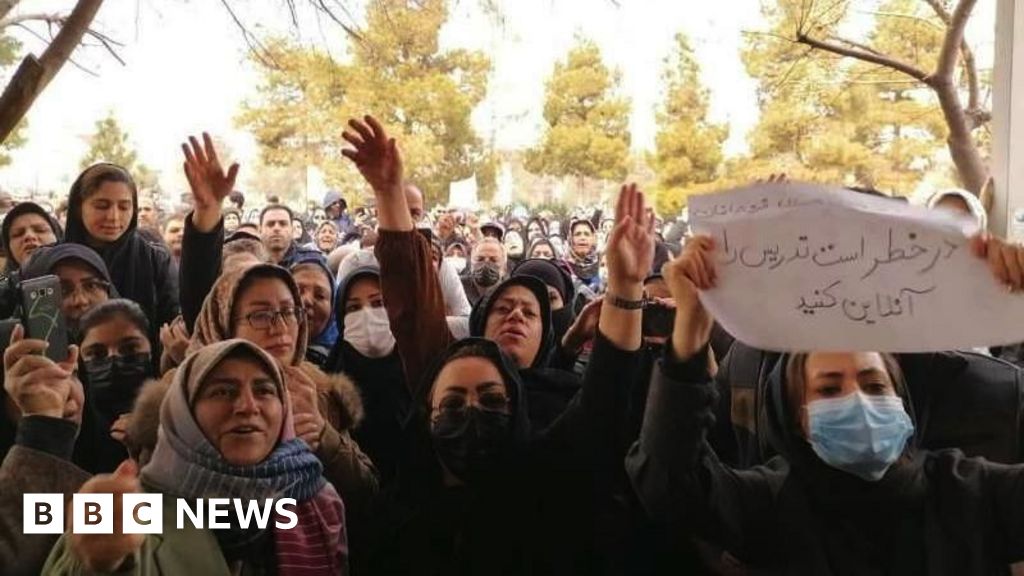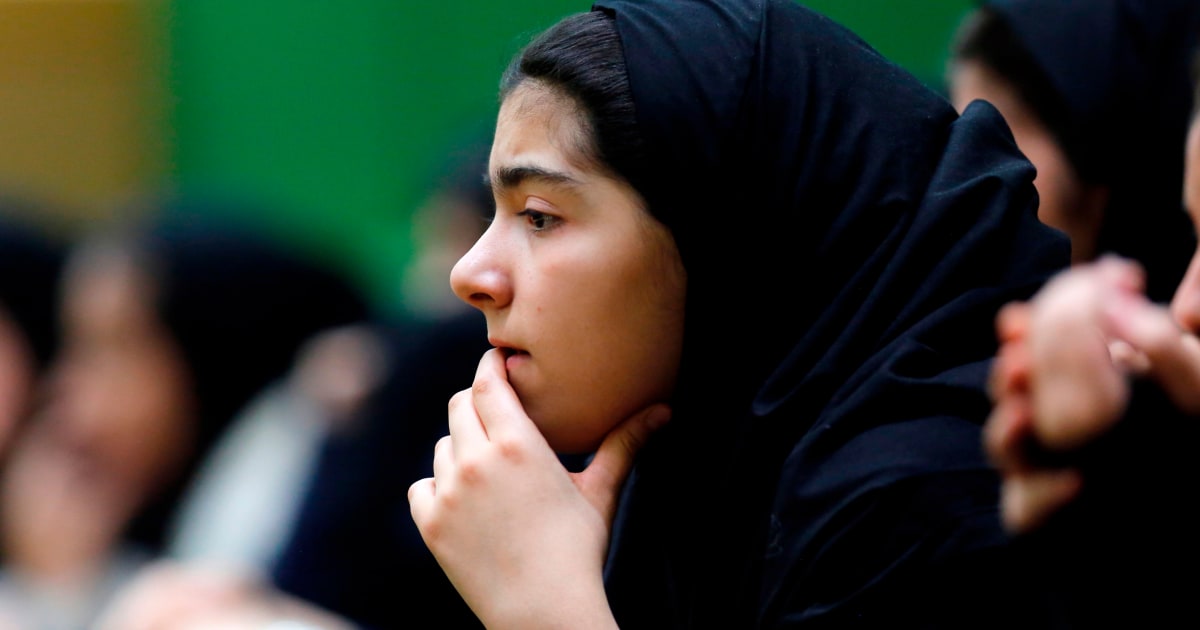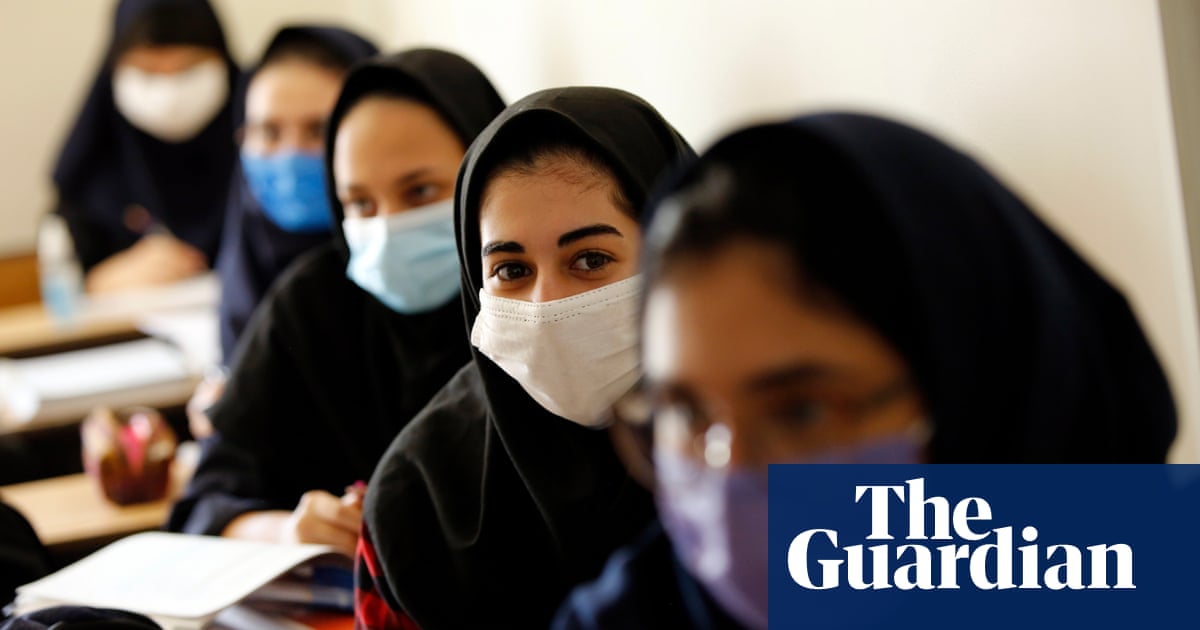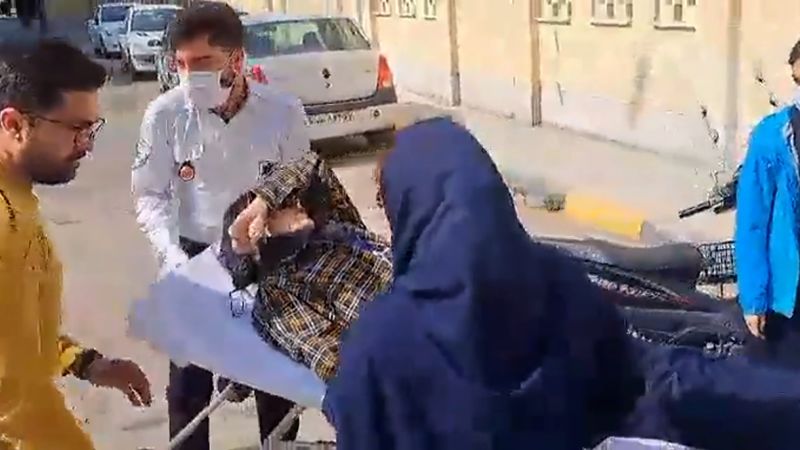Iran has been facing a disturbing trend of toxic gas poisoning of schoolgirls since November 2022. Reports indicate that nearly 700 girls have been affected, with dozens experiencing respiratory issues, nausea, dizziness, and fatigue.
The situation has led to public outcry, with many accusing the perpetrators of using the poisonings as a means of forcing schools, particularly girls’ schools, to shut down.
The government has launched an investigation into the matter, but with no suspects identified, the situation remains a mystery.

The first poisoning incident occurred on 30 November 2022 when 18 students from the Nour Technical School in Qom were rushed to the hospital. Since then, over ten girls’ schools have been targeted in the province, with at least 194 girls poisoned in a single week across four schools in Borujerd.
On Tuesday, another 37 students were poisoned at the Khayyam Girls’ School in Pardis, near Tehran. The victims have reported smelling tangerines or rotten fish before falling ill.
Symptoms of the poisoning range from respiratory problems to nausea, dizziness, and fatigue. Some girls have reported being ill for weeks after the poisoning, with others experiencing limb weakness and the inability to feel pain.
No deaths have been reported, but the situation remains grave, with the number of victims continuing to rise.
Many people suspect that the poisonings are a deliberate attempt to force schools, especially girls’ schools, to shut down.
Iran has strict laws requiring girls to wear hijabs and segregating schools by gender. However, recent protests have highlighted the public’s growing discontent with these restrictions, particularly among young people.
For instance, videos have circulated on social media showing schoolgirls ripping off their headscarves and chanting anti-government slogans.
Some Iranians have speculated that the poisoning incidents may be payback for the girls’ role in the protests, while others believe hardliners may be copying the Taliban in Afghanistan and Boko Haram in Nigeria by terrorizing parents to stop sending their girls to school.
The poisoning incidents have mainly targeted schools in Qom, a religious city that is home to Shia Muslim shrines and the religious leadership that forms the backbone of the Islamic Republic. Thus, some have also speculated that the poisonings are politically motivated.
The government’s response to the poisoning incidents has been somewhat mixed. The prosecutor general announced last week that he was opening a criminal investigation, but he acknowledged that the available information only indicated the “possibility of criminal and premeditated acts.”
Deputy Health Minister Younes Panahi also suggested that some people may be trying to force schools to close down.
However, he later retracted his comments, leading to speculation of disagreements among government officials.
Iran’s leaders have traditionally rejected criticism of their restrictions on women, such as the mandatory headscarf, and have instead boasted about the number of women attending university.
However, if young girls do not finish school, college becomes a distant dream. Thus, the poisoning incidents have presented a significant challenge to the government’s efforts to promote education, particularly for girls.
The poisoning incidents have triggered a wave of anger and frustration among the Iranian public, with many demanding action from the authorities.
Social media has been awash with videos and messages expressing outrage and concern for the affected schoolgirls.
Earlier this month, over 100 people protested outside the governor’s office in Qom, demanding that the authorities ensure their children’s safety. Many parents have refused to send their children to school, fearing for their safety.


/cloudfront-us-east-2.images.arcpublishing.com/reuters/VZFXZJ5IVFL7HL5DA4NDVVPPZ4.jpg)






















+ There are no comments
Add yours